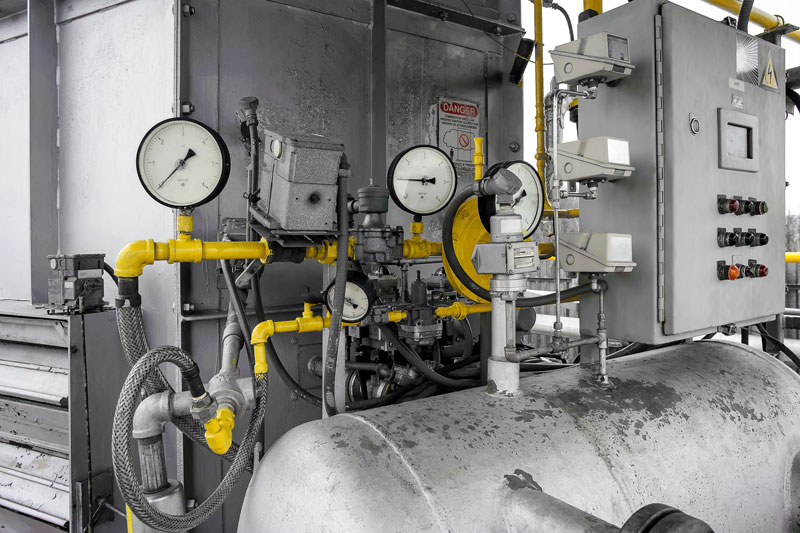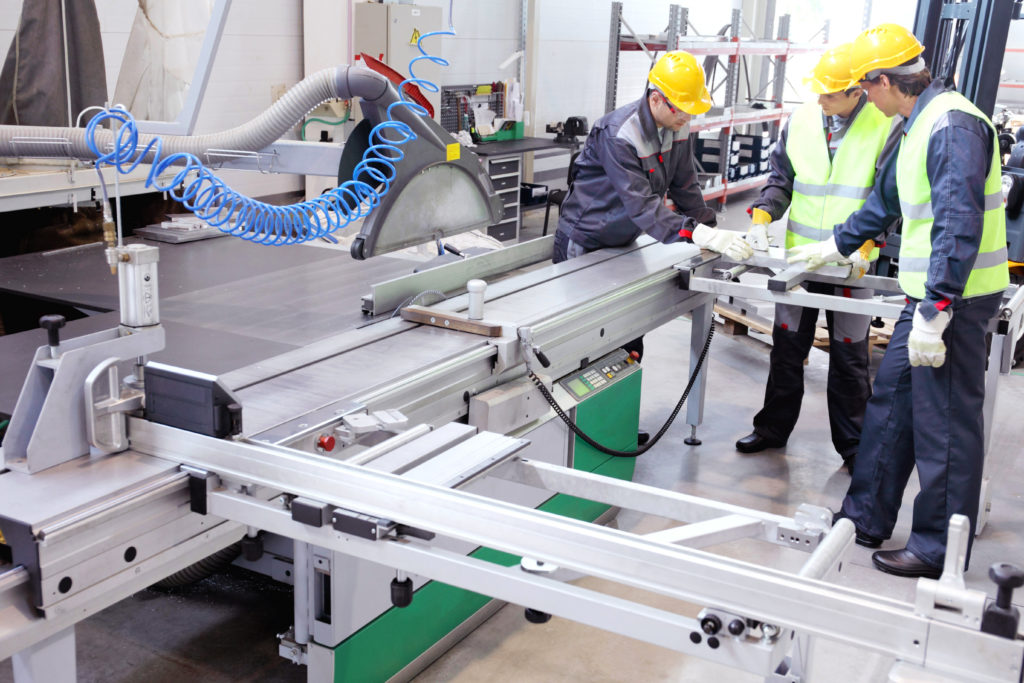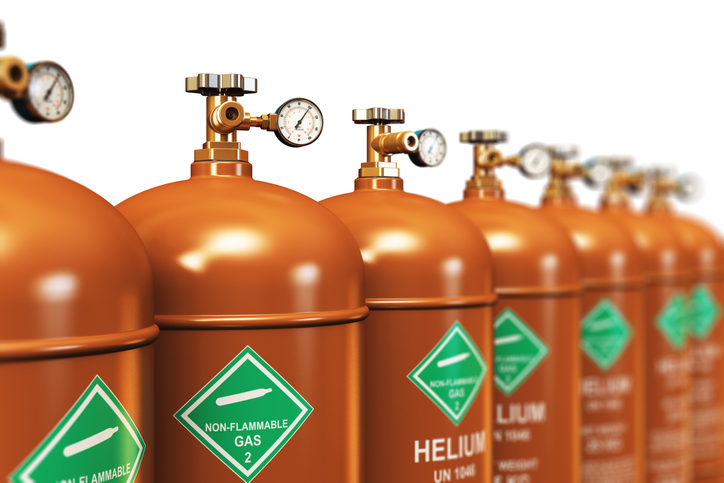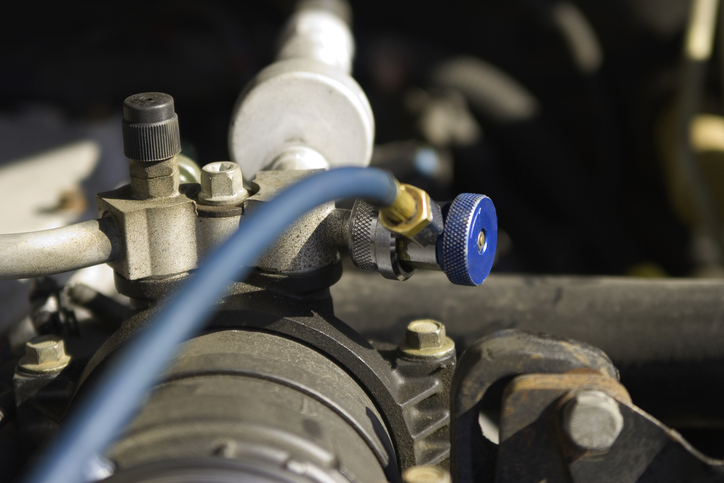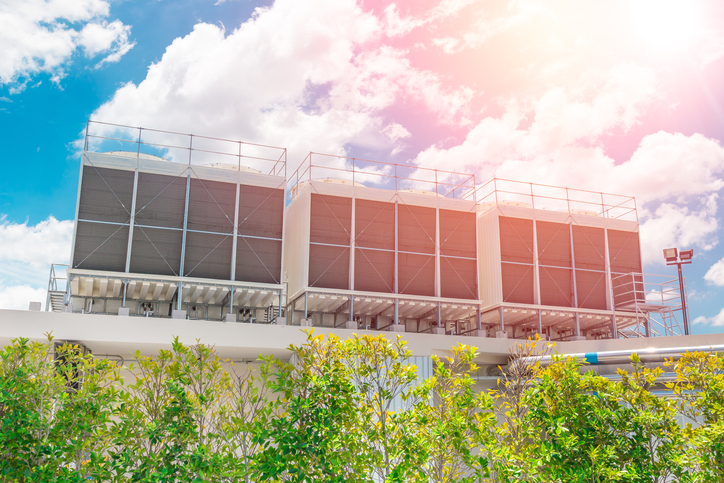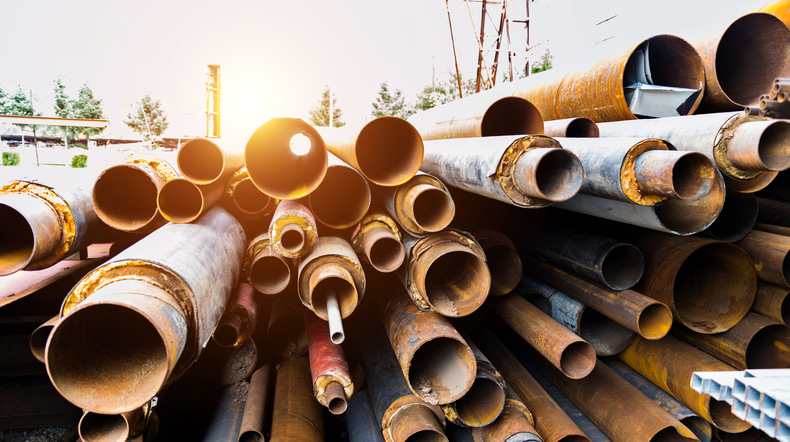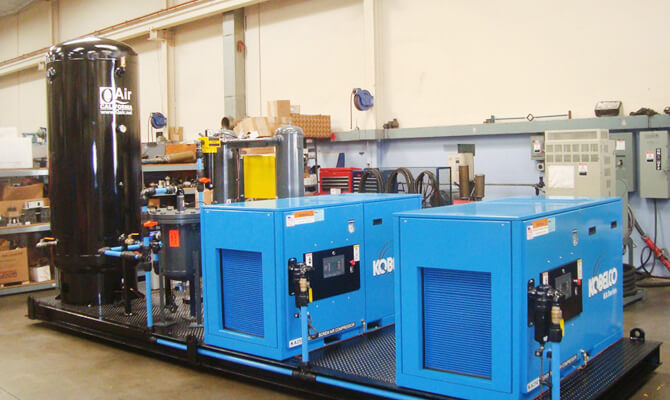
Keeping your operation running smoothly requires equipment that can handle the high day-to-day demands of your work. For many operations, efficient air compressor systems provide strong and reliable production abilities. If your air compressor is old or unable to keep up with demands, this can slow productivity and, in turn, cost your company money. Having the right air compressor for the job could give your company a productive advantage to succeed in your industry. Whether you are looking for new air compressor systems for a new project or to replace old, inefficient equipment, Q Air in Southern California can provide you with the products and expertise you need to make your project successful.
With a wide range of systems, our knowledgable air compressor specialist can help you find the best air compressor for you needs. Our inventory includes well known brands that provide high-quality products that perform at peak efficiency.
Types of Efficient Air Compressor Systems
Reciprocating air compressors, including:
- In-line compressors
- Diaphragm compressors
- Single-acting air compressors
- Double-acting air compressors
- “V”-shaped air compressors
- Tandem Piston compressors
Rotary air compressors, such as:
- Vane type air compressors
- Screw compressors
- Lobe and scroll compressors
- Many more
Roto-dynamic compressors, including:
- Centrifugal air compressors
- Axial flow air compressors
Available Air Compressor Brands
At Q-Air California, we pride ourselves in not only providing top-rated products but also partnering with the best brands in the industry. Our partners include,
- Baldor Motors
- Chicago Pneumatic
- ConservAIR®
- Domnick Hunter
- Great Lakes Air Dryers
- Kobelco America
- Kobelco KNW
- Pnuematech Dryers
- Quincy
- ZEKS
If you don’t see the brand name that you are specifically looking for, don’t panic. We may still offer that brand. We strongly encourage you to give us a call at 888.311.7247 for professional assistance and advice. Even if you do not find the brand you are looking for, we may suggest a similar product from a different brand that may be of equal or higher quality based on several years of experience in the air compressor industry.

